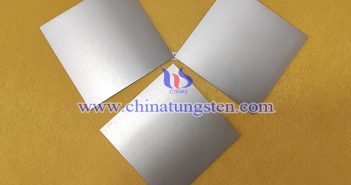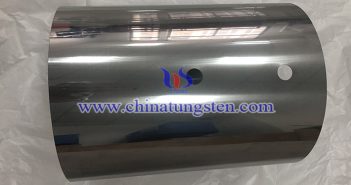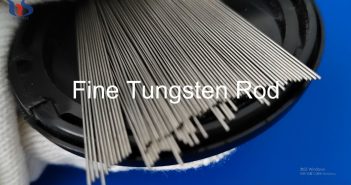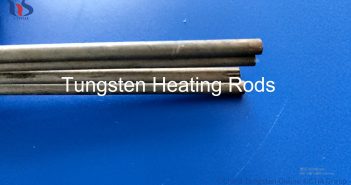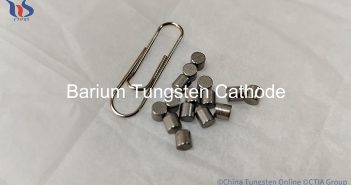
The Ministry of Commerce of the People’s Republic of China and the General Administration of Customs have decided to implement export controls on tungsten, tellurium, bismuth, molybdenum, and indium-related items to safeguard national security and interests and fulfill international obligations such as non-proliferation. The relevant items subject to export control are as follows: I. Tungsten-Related Items (1) 1C117.d. Tungsten-Related Materials: Ammonium Paratungstate (Customs HS Code for reference: 2841801000); Tungsten Oxide (Customs HS Codes for reference: 2825901200, 2825901910, 2825901920); Tungsten Carbide…

